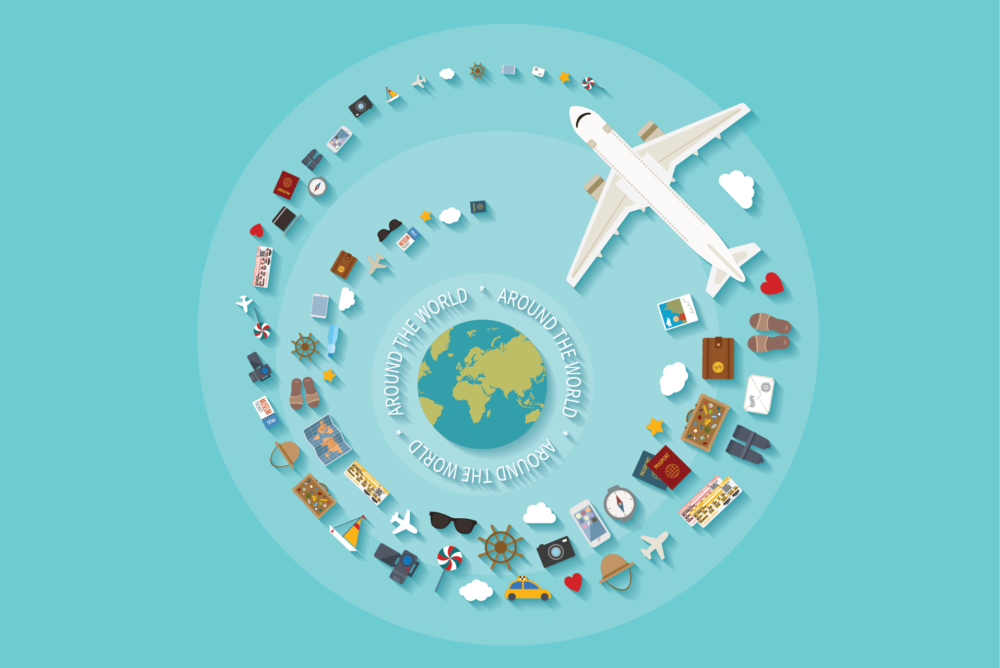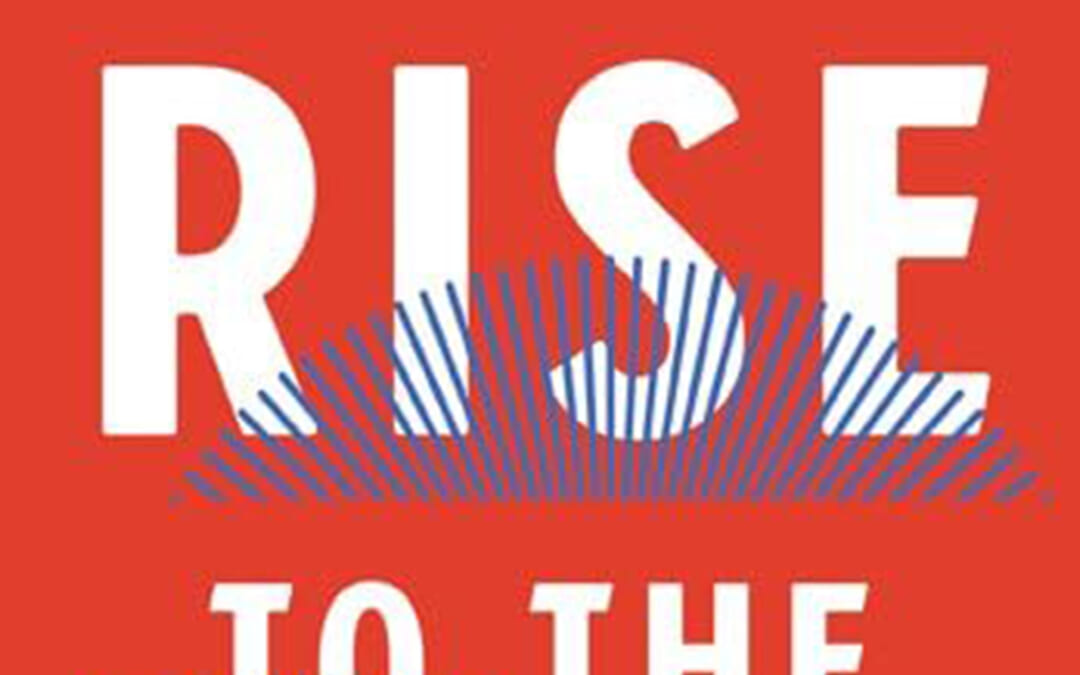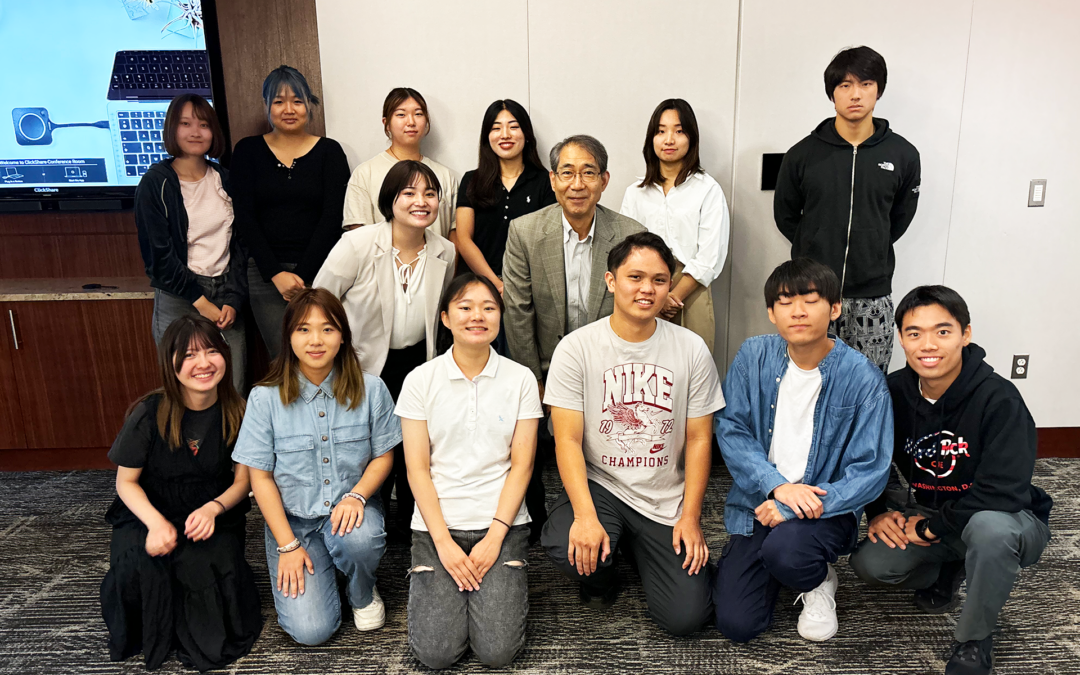Asia-Pacific Economic Cooperation (APEC) published a report titled “SMEs’ Integration into Global Value Chains in Services Industries: Tourism Sector,” complied by a team led by Sean Chappell at Washington CORE. APEC is an international treaty organization dedicated to integration of 21 major world economies, representing over two-thirds of the world’s GDP, including the US, China, Japan, Russia, Mexico, Korea, Australia, Indonesia and many others.
The project entailed an in-depth study of micro, small and medium enterprises’ (MSMEs) ability to integrate into the highly globalized tourism value chain. While the tourism sector is dependent on unique and localized cultural, natural and historical assets to attract visitors, a large portion of tourism revenue ends up being captured by multi-national companies in the hotels, restaurant and entertainment segments, thus limiting benefits for the domestic economy.
Washington CORE evaluated the barriers faced by these small businesses to increase their share of value-added contribution, including national tourism and tourism-related policy, relationships between dominant value chain players and MSMEs, the overall business environment, backward linkages between the tourism sector and other domestic industries, regulatory issues, and workforce challenges. The study includes survey results from key policy officials in each of APEC’s twenty one economies and a set of recommendations for APEC economies to consider in order to increase the development benefits of tourist arrivals by supporting a more inclusive value chain to address the identified challenges.
Washington CORE has provided research and consulting services to APEC across a wide range of subjects for a decade. These have concerned pressing social policy topics related to women’s empowerment in the corporate world, cross-border mutual recognition of skills and job qualifications to facilitate labor mobility, and workforce development policy to reduce inequality through enabling workers to participate in increasingly globalized advanced technology and services industries. Furthermore, WCORE has supported evaluations of regulatory and industrial policy arenas such as the management of water resources in the context of food security and climate change, reduction of water usage in power generation, as well as projects aimed at producing recommendations to increase economic integration among member economies in sectors including electronics, information and communication technology (ICT), and automobiles.








